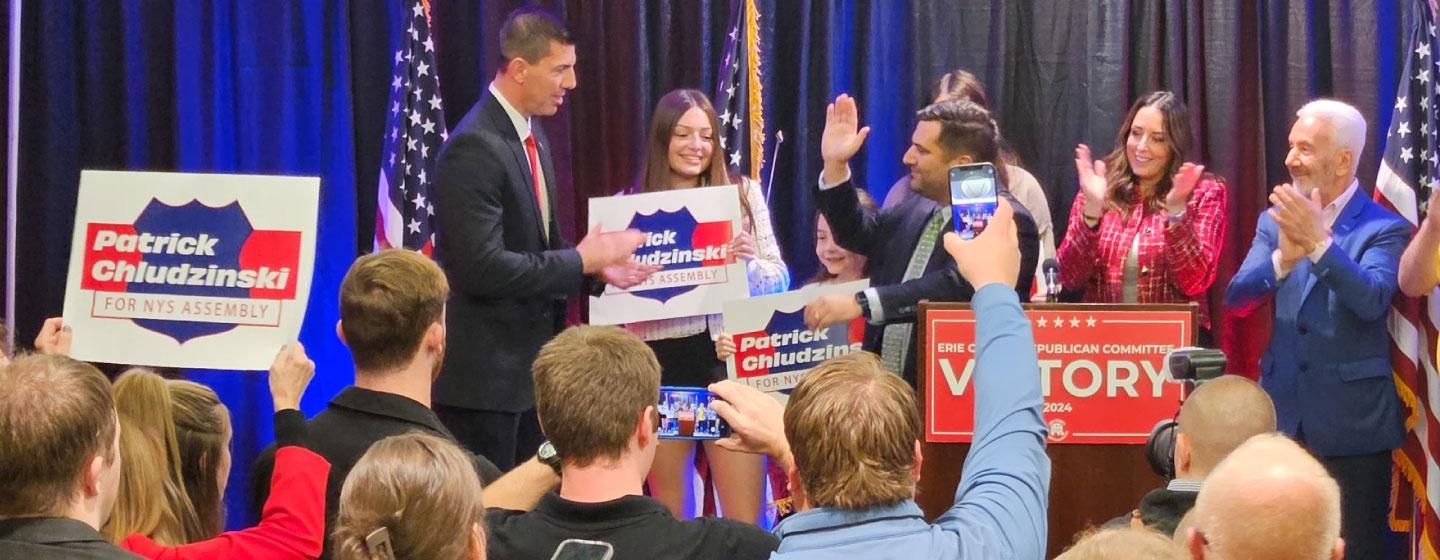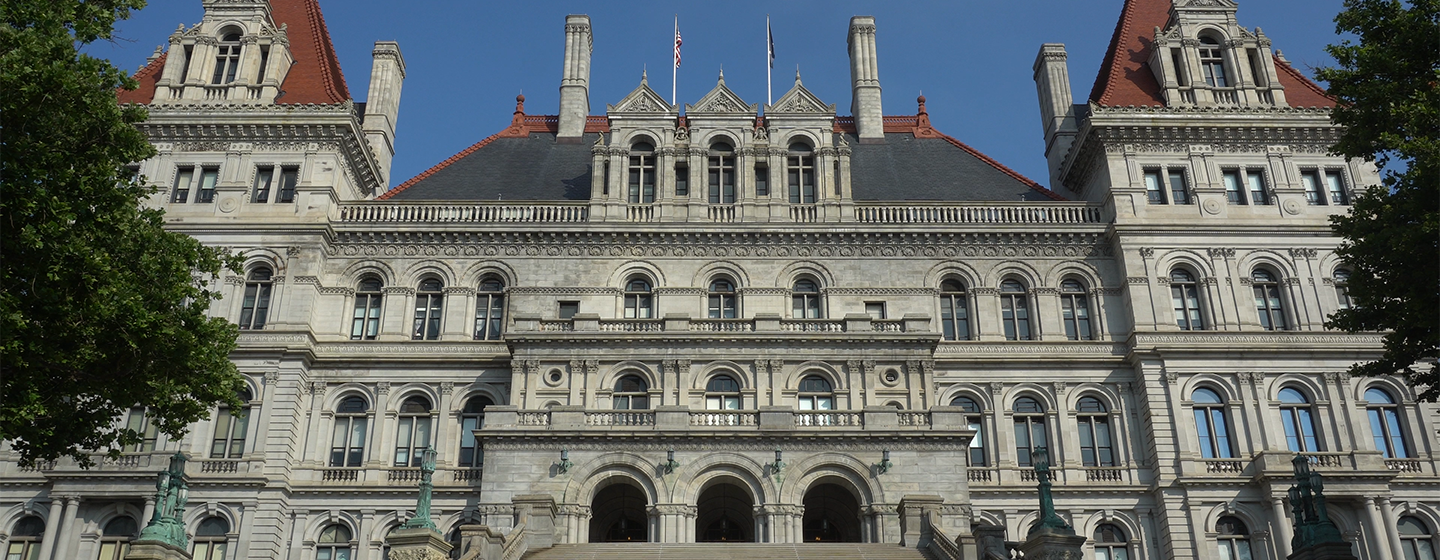Questions Loom About Immigration After Flip of 143rd District

Immigration was a major focus for the 143rd District Assembly race.
Now that the district has flipped red, one looming question is the race’s effect on refugee and immigration resources.
Throughout Patrick Chludzinski’s campaign for the 143rd District, one of the top priorities he voiced was a strong opposition against the number of immigrants and migrants being allowed into Erie County.
Negativity toward immigrants, migrants and refugees is nothing new in the U.S., said Shyam Sriram, political science program director at Canisius University.
But a sharp decrease in the number of immigrants and migrants, including legal ones, could have unintended consequences, said Sriram, who has a background in the topic of refugee resettlement.
“My worry is that if all immigrants/migrants/refugees/asylum seekers are all thrown into one group, I think the local community suffers as well, because I think local businesses have come to rely on immigrants and refugees as future Americans to improve the economy,” he said.
Tens of thousands of refugees are legally admitted to the U.S. every year, but Donald Trump reduced that number every year during his first term in office, Sriram said.
University at Buffalo Political Science professor Shawn Donahue wonders how credible Trump’s promises are to have mass deportations starting Day One back in office.
“At the Republican Convention, you know, they were passing out signs that said ‘mass deportations.’ What that ends up meaning, you know, as far as how many, is going to be an interesting question," he said. "Because one of the things that you know, Trump said is that on Day One, he's going to shut down the border.”
Sriram says he has seen no evidence to support claims that immigrants or refugees are causing increased crime concerns.
He adds that once people start separating into good or bad immigrants, then the country is forgetting its message of preaching acceptance.
“If someone says, ‘Well, we like those immigrants and not these immigrants,’ then I would call that person a nativist," he said. "Because that's what nativism is, prioritizing some immigrants versus others, or even demarcating immigrants into good versus bad.”
This article was originally published on WBFO.
Related

Local State Legislature Races See Big Wins, Small Wins, Upset and Unopposed
All 150 seats in the State Assembly and 63 State Senate seats were up for election in this cycle, and Western New York saw a wide variety of results.


